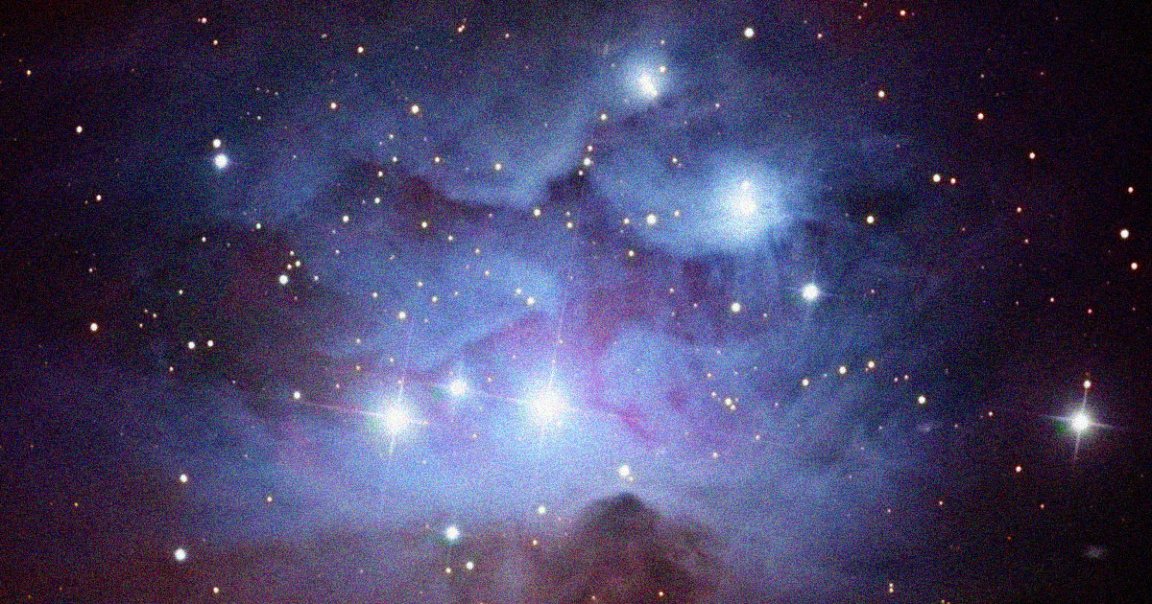
A controversial new paper suggests the universe is twice as old as current models suggest and that dark matter — the mysterious stuff believed by an overwhelming majority of physicists to make up much of the universe — doesn’t actually exist.
It’s generally believed that dark matter doesn’t interact with light or the electromagnetic field in any way, but can exert gravitational force. It’s a conundrum that’s plagued astrophysicists for decades — it can’t be directly observed, yet is believed to make up 26 percent of the universe.
University of Ottawa physics professor Rajendra Gupta, the sole author of a new paper published in the Astrophysical Journal, made headlines last year after suggesting the universe was 26.7 billion years old, twice as old as its generally accepted age.
In his latest paper, Gupta builds on his theory, challenging the need for dark matter.
“The study’s findings confirm that our previous work about the age of the universe being 26.7 billion years has allowed us to discover that the Universe does not require dark matter to exist,” said Gupta in a statement.
Needless to say, it’s a controversial theory that directly flies in the face of stuff that’s more or less universally agreed upon by experts.
Prevailing theories suggest the accelerating expansion of the universe is tied to a positive cosmological constant. This constant has often been used to explain the existence of dark energy, the dominant component of the universe, making up an estimated 68 percent of its total energy.
While dark matter makes up most of the mass of galaxies and determines how they’re organized, dark energy drives the accelerated expansion of the universe.
But that’s not how Gupta sees it. To back up his revised model, the professor borrowed from previous research of Swiss physicist Fritz Zwicky, who suggested in the late 1920s that red light emanating from distant celestial objects may be the result of energy being lost, a theory that became known as the “tired light” hypothesis.
By combining this theory with a new “covarying coupling constant,” which, unlike the prevailing cosmological constant, suggests that the forces of nature decline over time, Gupta argues that dark matter doesn’t have to be part of the equation at all.
“In standard cosmology, dark energy causes the accelerated expansion of the universe,” Gupta explained. “However, it is due to the weakening forces of nature as it expands, not dark energy.”
Needless to say, extraordinary claims require extraordinary evidence — so expect pushback from Gupta’s peers.
“There are several papers that question the existence of dark matter, but mine is the first one, to my knowledge, that eliminates its cosmological existence while being consistent with key cosmological observations that we have had time to confirm,” said Gupta in the statement.
More on dark matter: Scientists Befuddled by Impossible Galaxy Seen by James Webb